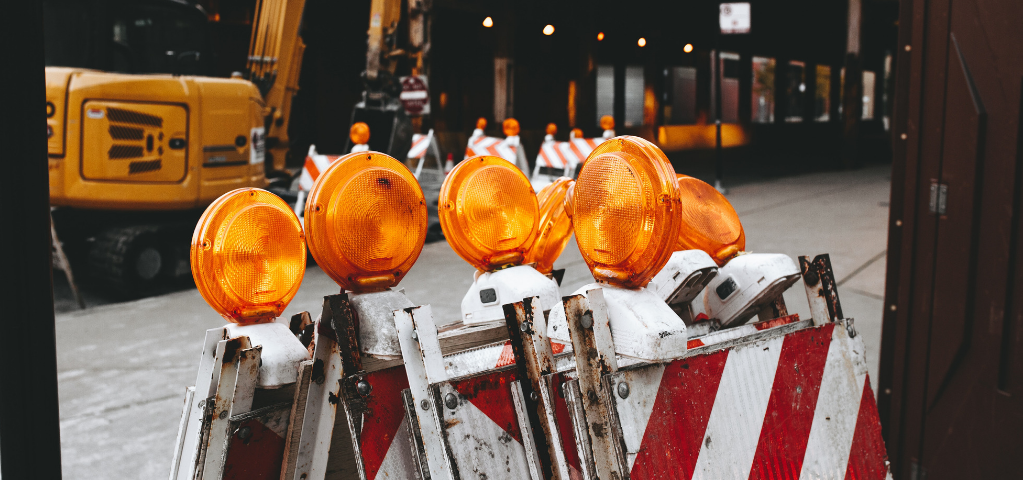
What caused my hearing loss?
There is a tendency to assume that all age-related hearing loss is caused by loud noises, such as listening to loud music, working in loud environments or attending loud concerts in the past. The truth, of course, is very different.
In reality, there are multiple causes of hearing loss that affects us with age. I was curious to learn how other adults lost their hearing, so I talked to some people in to find out.
What caused my hearing loss?
Age-related hearing loss is one of the most common health conditions affecting older adults, according to the U.S. National Library of Medicine. In the U.S., it is estimated that one-third of people over age 65, and half of those over 85, have some hearing loss.
The hearing loss that affects people as they age is caused by a number of factors. Prolonged exposure to loud noise is included, but this only just scratches the surface.
From a personal viewpoint, my deafness does mainly appear to have been caused by listening to loud music back in the day – before anyone told us not to. However, my hearing was made worse after wax buildup and removal.
Read more: Who is at risk for age-related hearing loss?
Common causes of age-related hearing loss
According to The National Institute for Aging, people with hearing loss may find it hard to have conversations with friends and family, as well as have trouble understanding a doctor’s advice, responding to warnings, and hearing doorbells and alarms.
Medical News Today lists some diseases or circumstances that can cause deafness:
- chicken pox
- cytomegalovirus
- mumps
- meningitis
- sickle cell disease
- syphilis
- lyme disease
- diabetes
- a treatment for tuberculosis (TB), streptomycin, that is believed to be a key risk factor
- hypothyroidism
- arthritis
- some cancers
Considering the above list isn’t by any means exhaustive, this just shows that those who have hearing loss have no need to reproach themselves. If we are having to contend with inherited ailments and disease, not to mention volume induced loss, is it any wonder that those experiencing these disabilities are so often confused as to where they came from?
Read more: Hearing Loss
What caused your hearing loss?
To learn what caused other adults’ hearing loss, I asked members of a UK Hearing Loss Community on Facebook what caused their later onset hearing loss.
The answers, which follow in the members’ own words, just might surprise you. I know they did for me.
- “I caught shingles, which they think damaged my left ear. Profound loss in that ear. When tested, right ear flagged up loss top. They think this could be hereditary. Severe to profound loss in right ear.” – Elaine Badger.
- “Mine I believe is hereditary. My mother, aunts, and grandmother were hard of hearing.”
- “I have only recently had hearing loss within the last year. I am 58, and found out that I had this disease 25 years ago. Have had four big ops to remove the cholesteatoma. The beast has returned four times. Had Combined Approach Tympanoplasty, stage 1-4. Plus mastoid surgery as this area was diseased too. I had been free from cholesteatoma for 10 years in 2016, but became very unwell with constant ear infection to left side that would not clear easily. I then had real issues with vertigo and could hardly walk for six weeks. They did an MRI scan and the disease had returned extensively, attaching itself to my balance organs and facial nerve. Removed it all in Feb 2017. The beast had eaten my hearing bones. They tried to do prosthetic TORP, but this failed. Hearing test showed that I was profoundly deaf in left ear, with 75 percent hearing in right. This was a shock really as did not imagine the damage that cholesteatoma could do.” – Gordon
Why treat age-related hearing loss?
As you can see from the examples I’ve shown here, there really is so much more to hearing loss than loud noises and bad headphone management.
“There really is so much more to hearing loss than loud noises and bad headphone management.”
This is why it’s so important to get your hearing tested if you have trouble hearing. It’s all too easy to assume that if you’ve never listened to loud music or been exposed to noise at high decibels, that hearing loss could never happen to you.
Quite simply, hearing loss can happen – and does to approximately 15% of the world’s adult population.
Read more: Why treat age-related hearing loss?
We should allow ourselves to be open to the reality that hearing loss is only the symptom presenting itself and not the cause.
Thinking of it this way may let us be more open to the way this disability affects others and how we may begin to understand hearing loss a little better.





